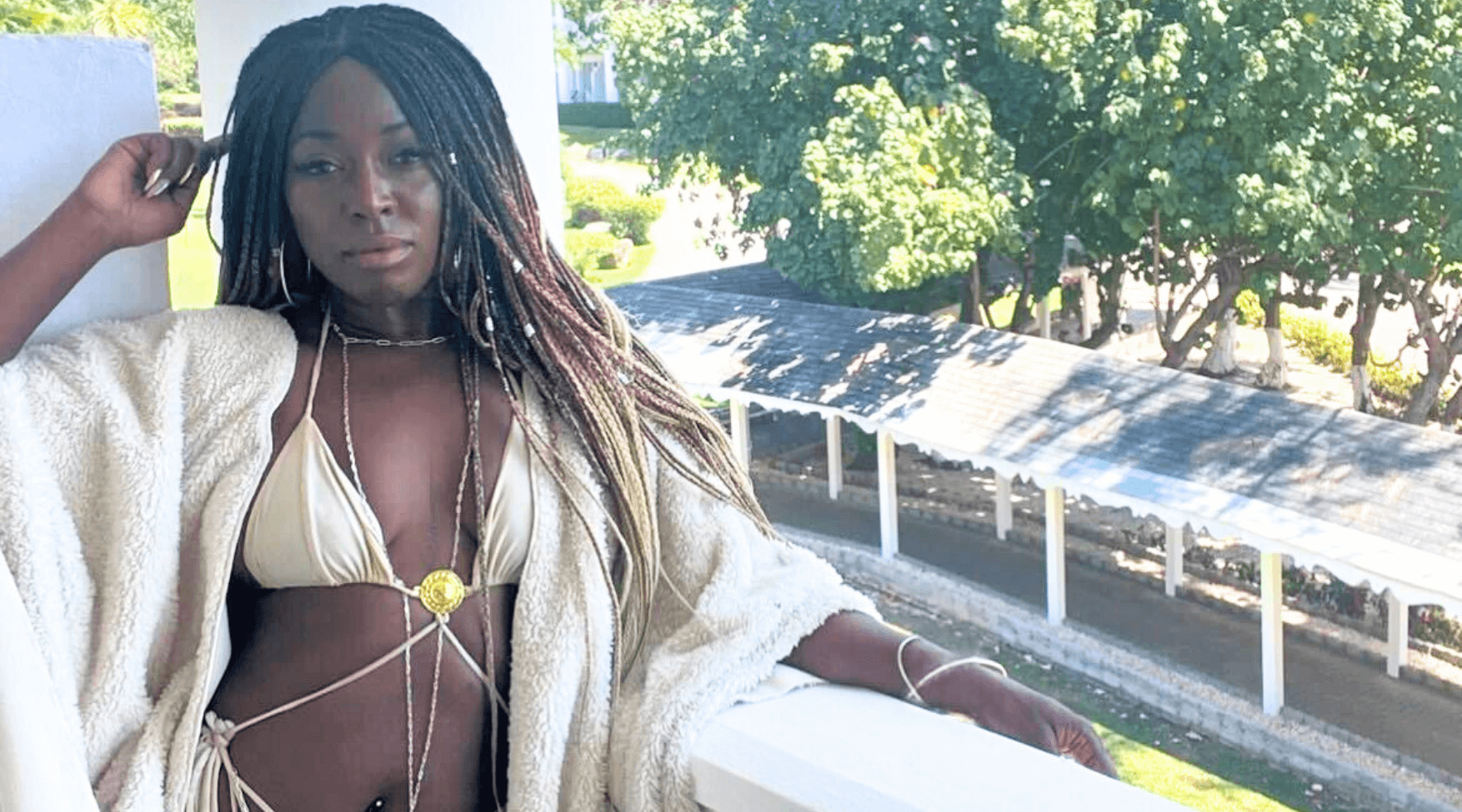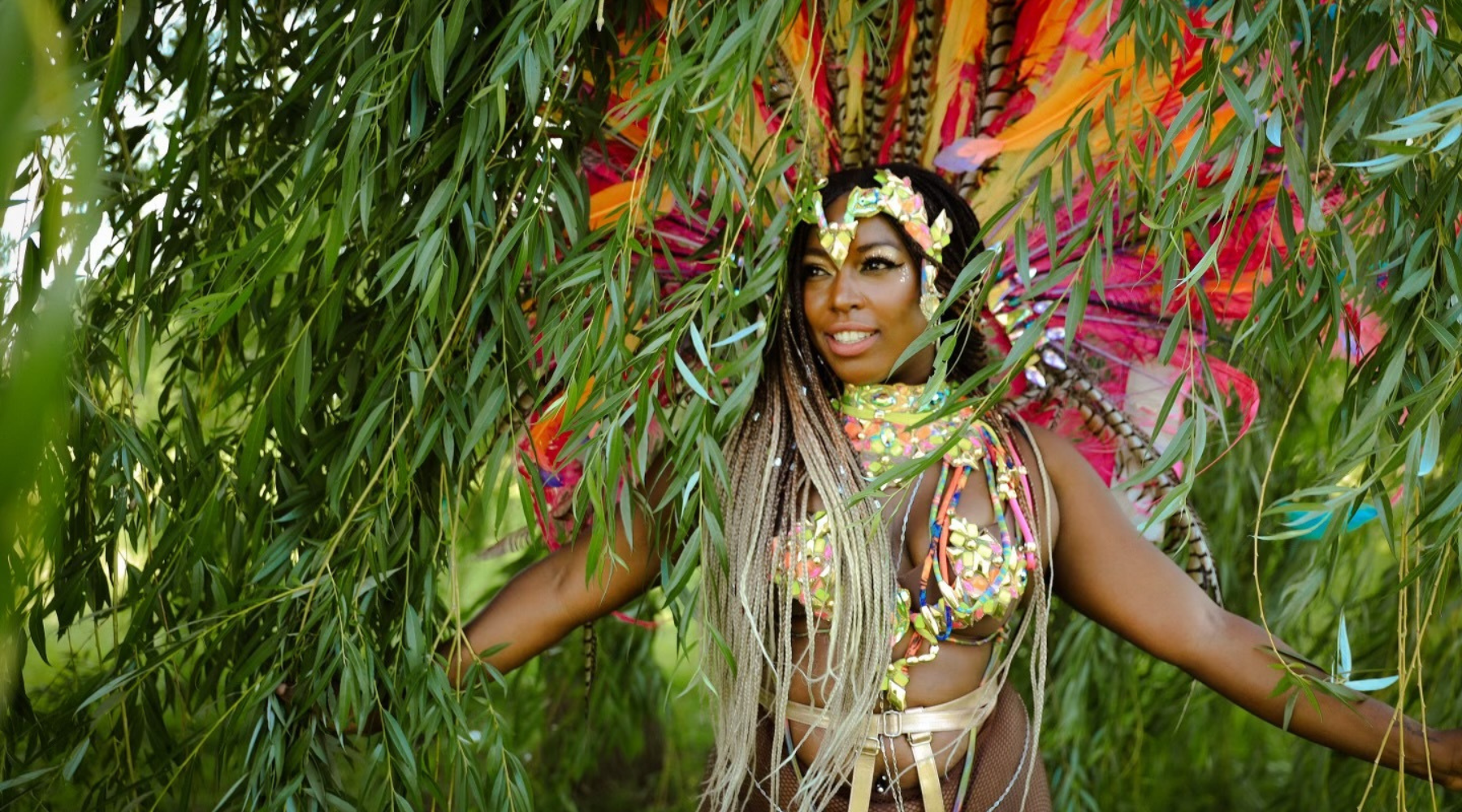Carnival holds a special place in the hearts of the Caribbean people. Beyond the dazzling costumes, energetic music, and lively parades, Carnival holds deep meaning and significance for its people.
At its core, Carnival is a celebration of freedom, unity, and resilience. It traces its roots back to the colonial era when enslaved Africans brought their cultural traditions and rituals to the Caribbean. They used Carnival as a means of expression, a way to temporarily escape the hardships of slavery and celebrate their African heritage. Over time, Carnival became a symbol of resistance and a platform for social and cultural liberation.

For the Caribbean people, Carnival is not just a festival but a way of life. It represents their identity and serves as a reminder of their ancestors' struggles and triumphs. The months leading up to Carnival are filled with intense preparations, as communities come together to design and create intricate costumes, build elaborate floats, and rehearse performances. The entire process is a collective effort that fosters a strong sense of belonging and camaraderie.

During Carnival, the streets come alive with the sounds of calypso, soca, and other traditional music genres. Steelpan bands fill the air with infectious rhythms, while dancers showcase their skills in energetic and synchronized movements. The vibrant costumes, often adorned with feathers, sequins, and elaborate headdresses, are a visual spectacle that reflects the region's diverse cultural influences.

Carnival is also a time for storytelling and cultural expression. Many participants use the festival as an opportunity to showcase traditional folklore, legends, and historical events through their costumes and performances. It is a chance to honor the past and pass down traditions to future generations.

Beyond its cultural significance, Carnival has a significant economic impact on the Caribbean. It attracts tourists from around the world who come to experience the festivities, contributing to the local economy through spending on accommodations, food, souvenirs, and more. The festival has become an important part of the region's tourism industry, providing employment and business opportunities for local communities.
However, Carnival is more than just a spectacle for tourists. It is deeply rooted in the hearts and souls of the Caribbean people. It represents their resilience, creativity, and the vibrant spirit that has allowed them to overcome historical challenges. Carnival is a time for self-expression, cultural preservation, and the reaffirmation of Caribbean identity.
In conclusion, Carnival holds great significance for the people of the Caribbean. It is a celebration of freedom, unity, and cultural heritage.
Join our movement and shop our I Am Caribbean collection here!


